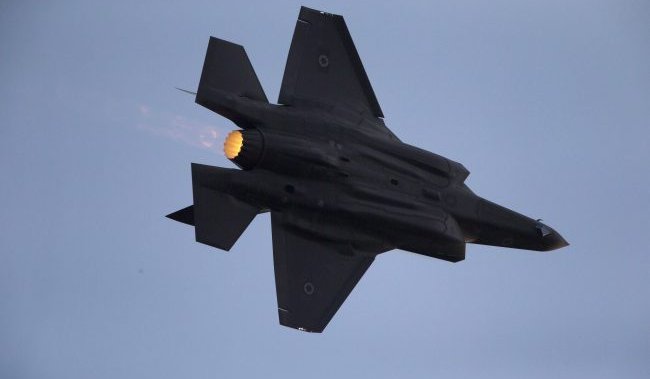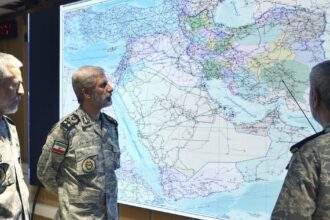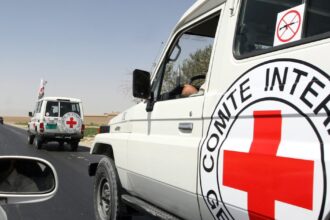The sound of explosions shattered the pre-dawn calm of Tehran early Saturday morning, as Israel launched what appears to be a significant retaliatory strike against Iranian military installations. The precision attacks, focused primarily on military targets near the capital, mark a dramatic escalation in the increasingly volatile Middle East conflict that has kept global powers on high alert.
Multiple explosions were reported across military facilities in Tehran province and western Iran, according to Iranian state media. The Islamic Revolutionary Guard Corps (IRGC) confirmed that air defense systems were activated to counter “numerous small flying objects,” though they claimed minimal damage to infrastructure. Independent verification remains challenging as Iranian authorities have restricted media access to affected areas.
“This operation was a direct response to Iran’s unprecedented attack on Israel earlier this month,” said Israeli Defense Minister Yoav Gallant in a brief statement. “We targeted military capabilities that threatened Israeli sovereignty and will continue to defend our citizens against any aggression.”
The strikes appear carefully calibrated to avoid civilian casualties while demonstrating Israel’s capacity to penetrate Iranian air defenses. Military analysts suggest the operation focused on missile production facilities, air defense batteries, and command centers linked to Iran’s drone and missile programs that were used in previous attacks against Israel.
Iran’s Foreign Minister Abbas Araghchi called the strikes “a flagrant violation of international law” and promised a “proportionate and decisive” response. However, diplomatic sources indicate Tehran may be weighing its options carefully, aware that further escalation risks drawing in regional powers and potentially the United States.
The White House issued a statement confirming President Biden was briefed on the operation but stopped short of explicitly endorsing the strikes. “We continue to support Israel’s right to defend itself while urging all parties to avoid actions that could trigger a wider regional conflict,” the statement read.
This military exchange occurs against the backdrop of the ongoing conflict in Gaza, where humanitarian conditions continue to deteriorate, and Lebanon, where Israeli forces have intensified operations against Hezbollah positions. Oil prices surged nearly 4% in early trading following news of the strikes, reflecting market concerns about potential disruptions to Middle Eastern energy supplies.
European leaders have called for an emergency meeting of the UN Security Council, with French President Emmanuel Macron urging “maximum restraint” from all parties. “The risk of miscalculation leading to a wider regional war has never been higher,” warned UN Secretary-General António Guterres.
Regional experts note that both Israel and Iran appear to be engaging in a dangerous balancing act – demonstrating resolve while attempting to avoid triggering all-out war. The question now facing global leaders and citizens alike: can diplomatic channels prevail in a region where military calculations increasingly drive the agenda, or are we witnessing the opening stages of a more devastating regional conflict?
As tensions in the Middle East reach this critical juncture, the international community watches anxiously, knowing that the next moves by Tehran and Jerusalem could determine whether containment or catastrophe lies ahead.










